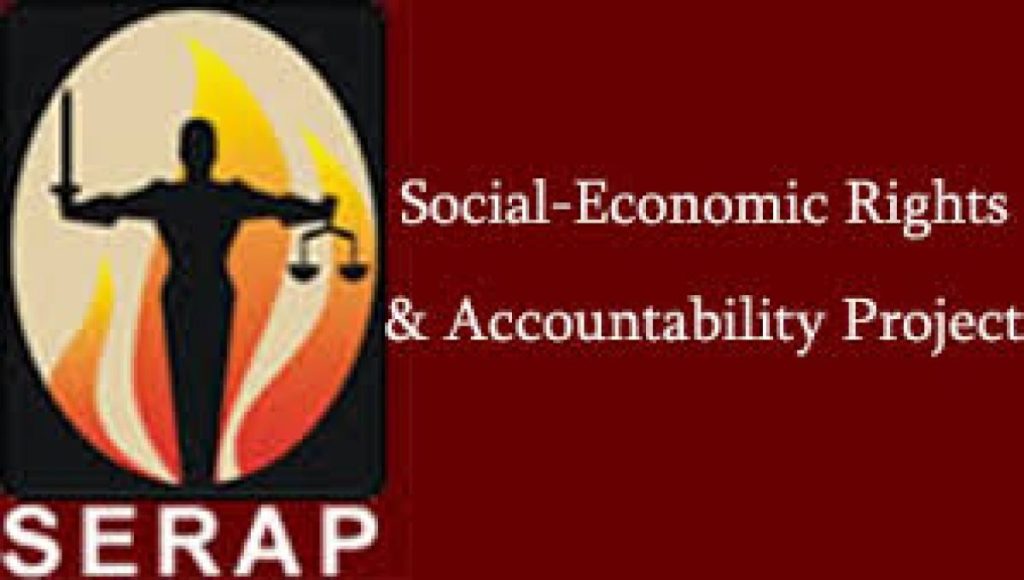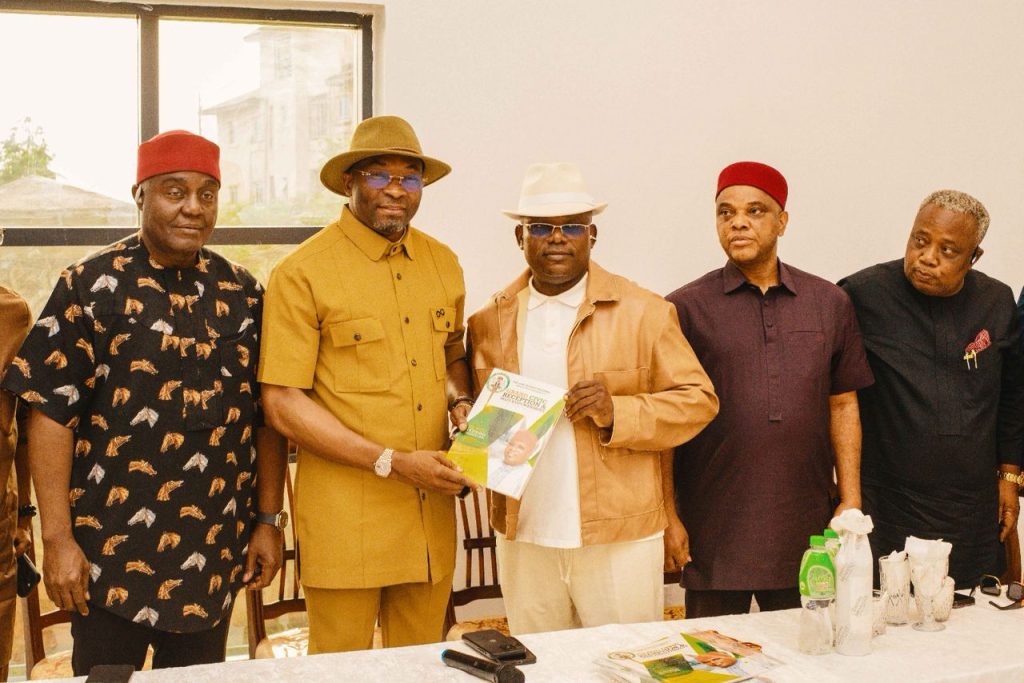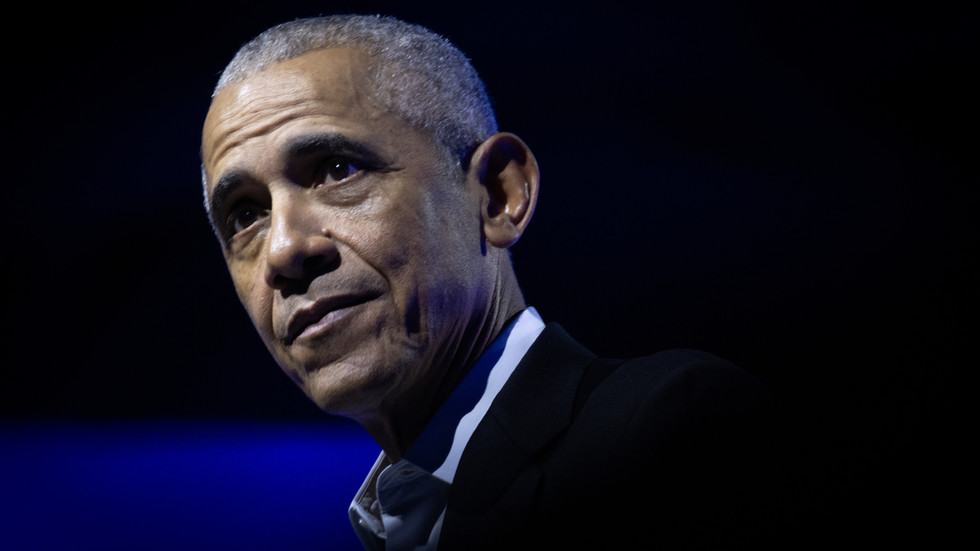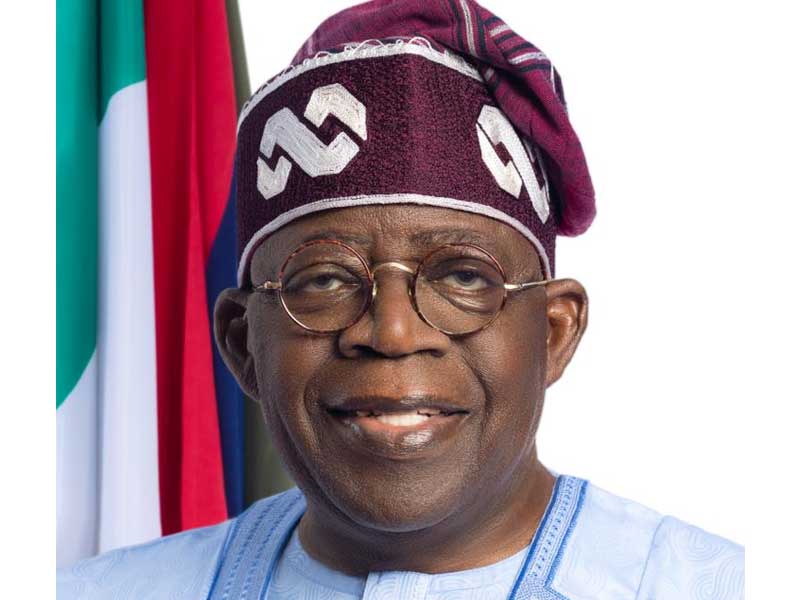Anambra State Governor Chukwuma Soludo has sparked controversy with his announcement of a cash reward for wards won by his party, the All Progressives Grand Alliance (APGA), in the upcoming November 8 governorship election. During a campaign rally in Umunze, Orumba South Local Government Area, Soludo pledged to give party supporters N1 million per ward won.
The governor cited a similar incentive used during the Senate campaign, where APGA won all wards in Orumba South and each received N1 million. He promised to redeem this pledge the following week and announced that the top three performing wards in the November 8 election would receive N5 million, N2 million, and N1 million, respectively.
This move has drawn criticism from opposition parties and civil society organizations, who describe it as a blatant attempt to induce voters and a violation of the Electoral Act. The National Vice Chairman of the All Progressives Congress (APC) in the South-East, Dr. Ijeomah Arodiogbu, accused Soludo of vote-buying and abuse of office. The African Democratic Congress (ADC) National Publicity Secretary, Bolaji Abdullahi, called on the Independent National Electoral Commission (INEC) to take action, labeling Soludo’s promise as a “public confession of vote-buying.”
The Labour Party also condemned the move, alleging that Soludo was exploiting poverty to influence voters. The party plans to raise the issue at the next stakeholders’ meeting with INEC. With 2.8 million registered voters and 16 political parties contesting the governorship seat, the election is expected to be closely watched.
The controversy surrounding Soludo’s announcement highlights concerns about the integrity of the electoral process in Nigeria. The Electoral Act prohibits vote-buying and other forms of electoral malpractice, and INEC has a responsibility to ensure that the election is free and fair. As the election approaches, it remains to be seen how Soludo’s pledge will impact the outcome and whether INEC will take action to address the concerns raised by opposition parties and civil society organizations.



